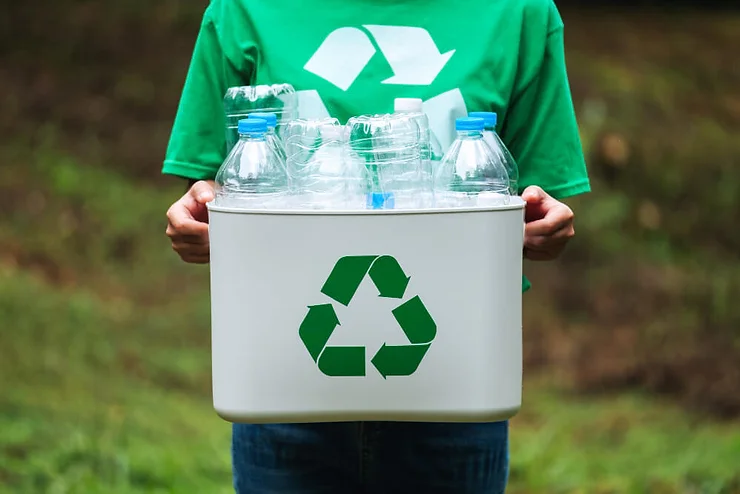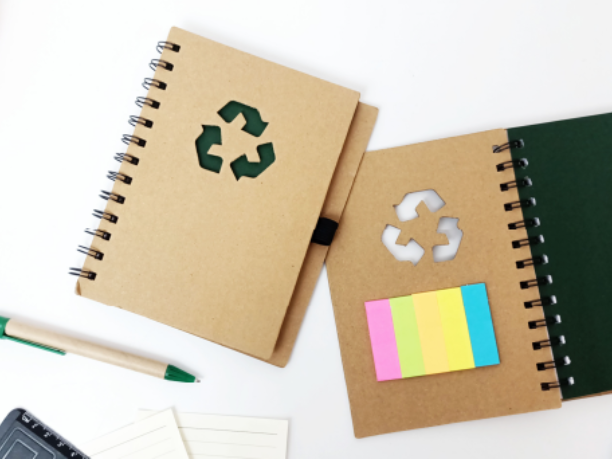Glass recycling is a vital aspect of waste management, and Singapore is making impressive strides in enhancing its recycling infrastructure. With a commitment to promoting sustainability, the country has developed an efficient network to facilitate glass recycling for residents and businesses. From advanced facilities to easily accessible collection points, Singapore is setting a strong example in environmental stewardship.
In 2023, Singapore inaugurated its first state-of-the-art glass recycling plant, marking a significant milestone in its recycling journey. This facility is equipped with cutting-edge technology to process and treat glass waste, transforming it into valuable cullet—a material used to create new glass products. This advancement underscores Singapore’s dedication to a circular economy, where waste is minimized and resources are reused efficiently.
Glass recycling in Singapore is further supported by a network of conveniently located recycling bins and collection points across the island. Residents can find these bins in housing estates, commercial areas, and public spaces, making it easier to dispose of recyclable glass items like bottles, jars, and containers. By participating in these efforts, individuals contribute to a cleaner, greener future.
Accepted Glass Items in Singapore
When recycling glass, it’s important to understand what items are accepted to ensure proper processing. Here are some commonly accepted glass items in Singapore:
- Glass Bottles: Beverage bottles such as wine, beer, soda, and condiment bottles are recyclable.
- Glass Jars: Jars used for jams, sauces, pickles, and baby food are ideal for recycling.
- Glass Containers: Cosmetic, skincare, and perfume containers can be recycled once plastic or metal parts are removed.
- Glassware: Items like drinking glasses and decorative glass pieces can also be recycled.
Before recycling, remember to remove caps, lids, and non-glass components, as they are made of materials requiring separate recycling processes. Proper preparation ensures the recycling process runs smoothly and prevents contamination.
Glass Products That Are Not Accepted
Not all glass items are suitable for recycling. Certain types of glass are manufactured differently and require specialized processes. Here’s a list of glass products typically not accepted:
- Window Glass and Mirrors: These items have a different composition, making them unsuitable for standard recycling.
- Ceramics and Pyrex: Plates, cookware, and other ceramic or heat-resistant items have chemical properties that differ from recyclable glass.
- Light Bulbs: Incandescent, halogen, and certain light bulbs require specialized recycling due to their coatings and filaments.
- Heat-resistant Glass: Ovenware, baking dishes, and coffee carafes are not accepted due to their high-temperature durability.
It’s essential to check local recycling guidelines to ensure proper disposal of these items. You can also participate in workshops or educational programs to learn more about recycling best practices and environmental conservation.
The Future of Glass Recycling in Singapore
The establishment of Singapore’s first glass recycling plant and its efficient infrastructure symbolize the country’s commitment to sustainability. By recycling glass, Singapore reduces its dependence on raw materials, saves energy, and minimizes its carbon footprint. Each recycled bottle or jar contributes to conserving natural resources and supporting a greener planet.
Let’s take responsibility for our waste and make glass recycling a part of our daily lives. By working together, we can make Singapore a shining example of sustainability, ensuring a healthier environment for generations to come.


